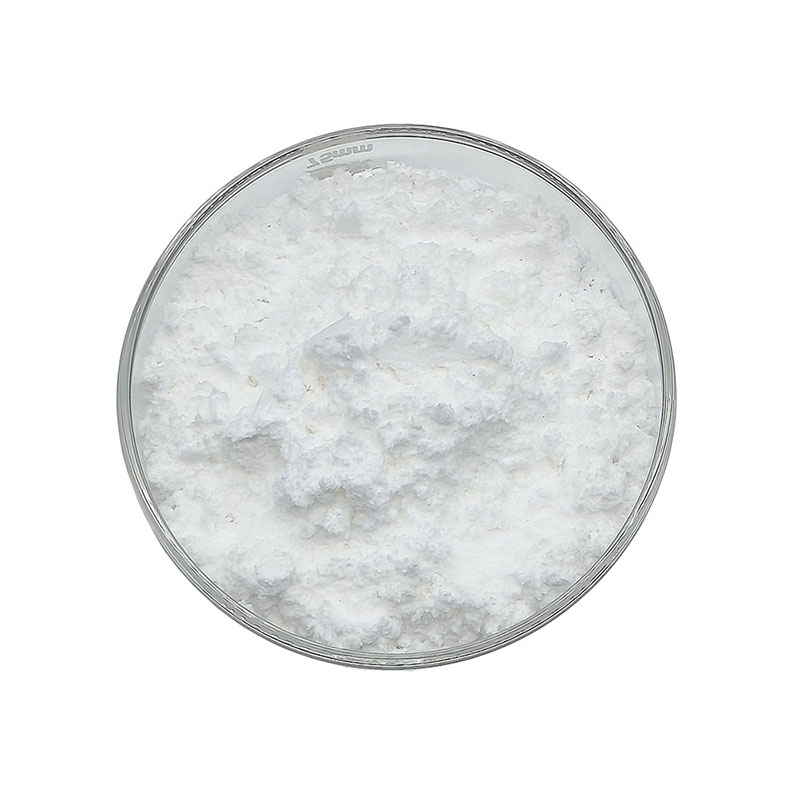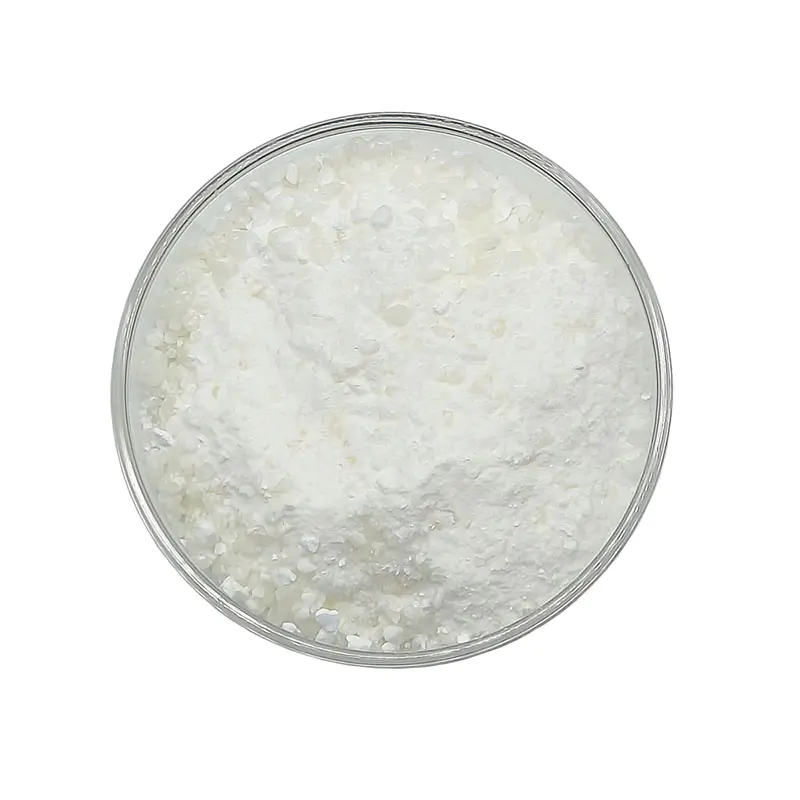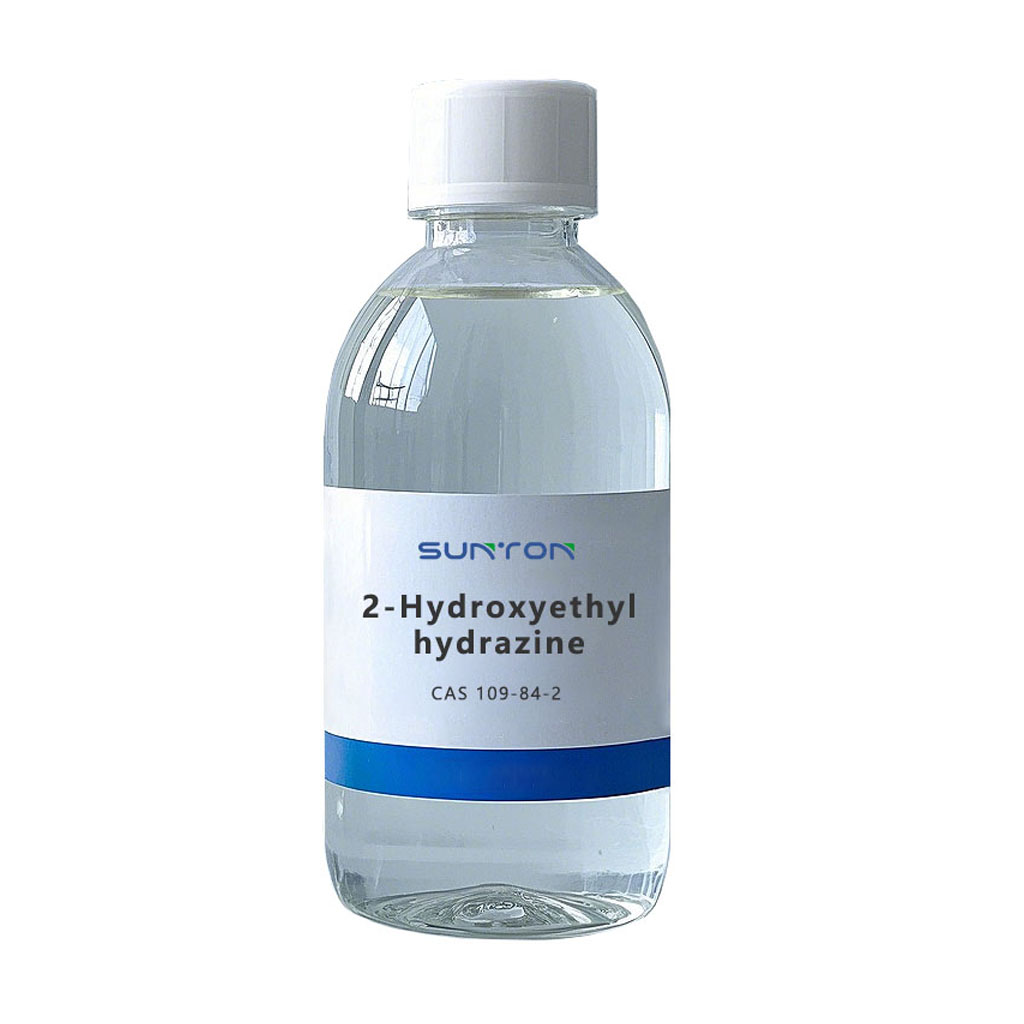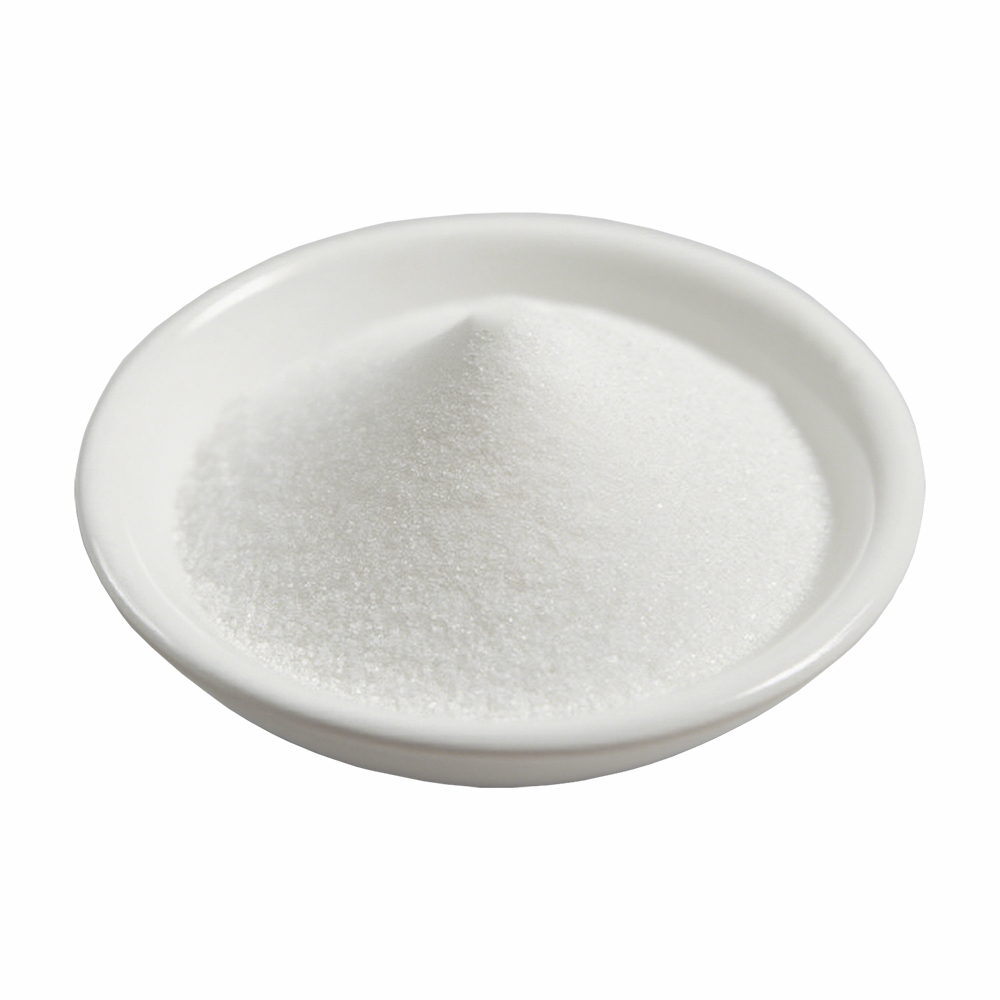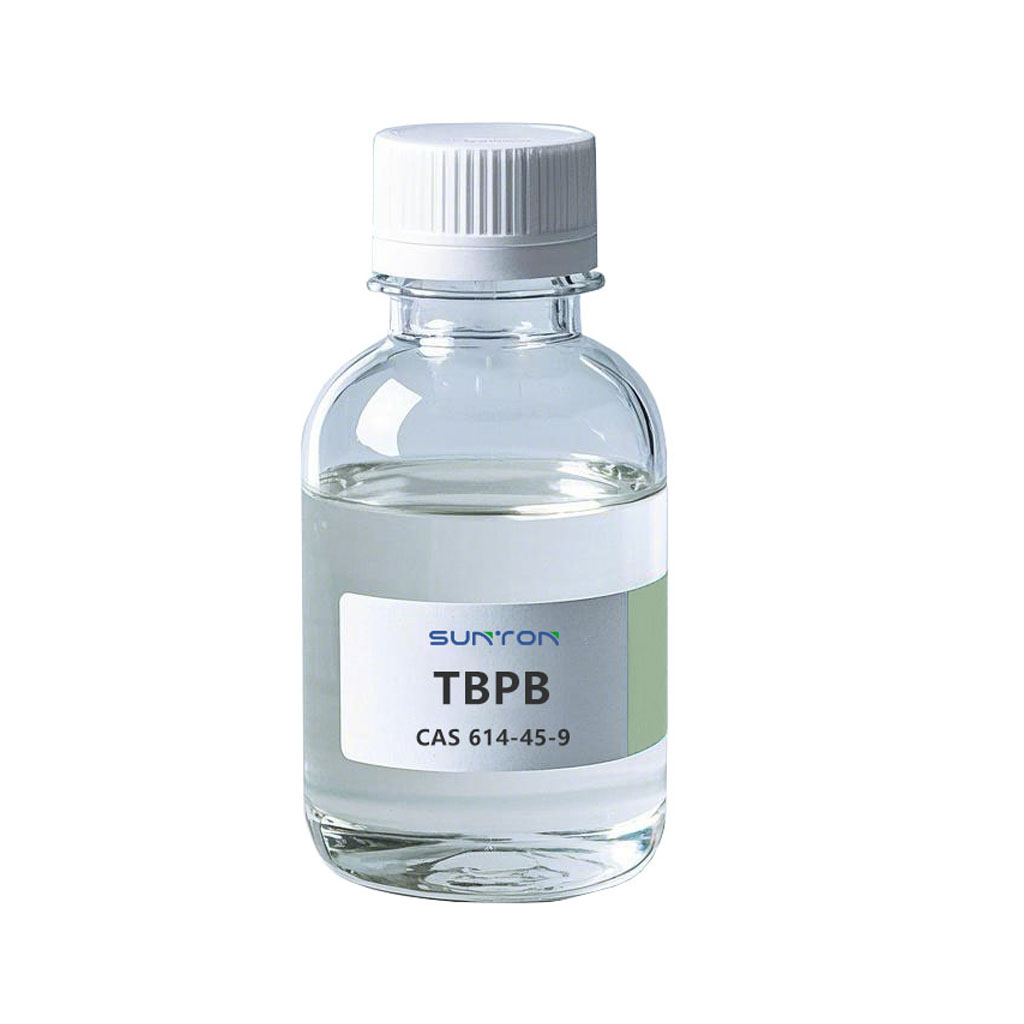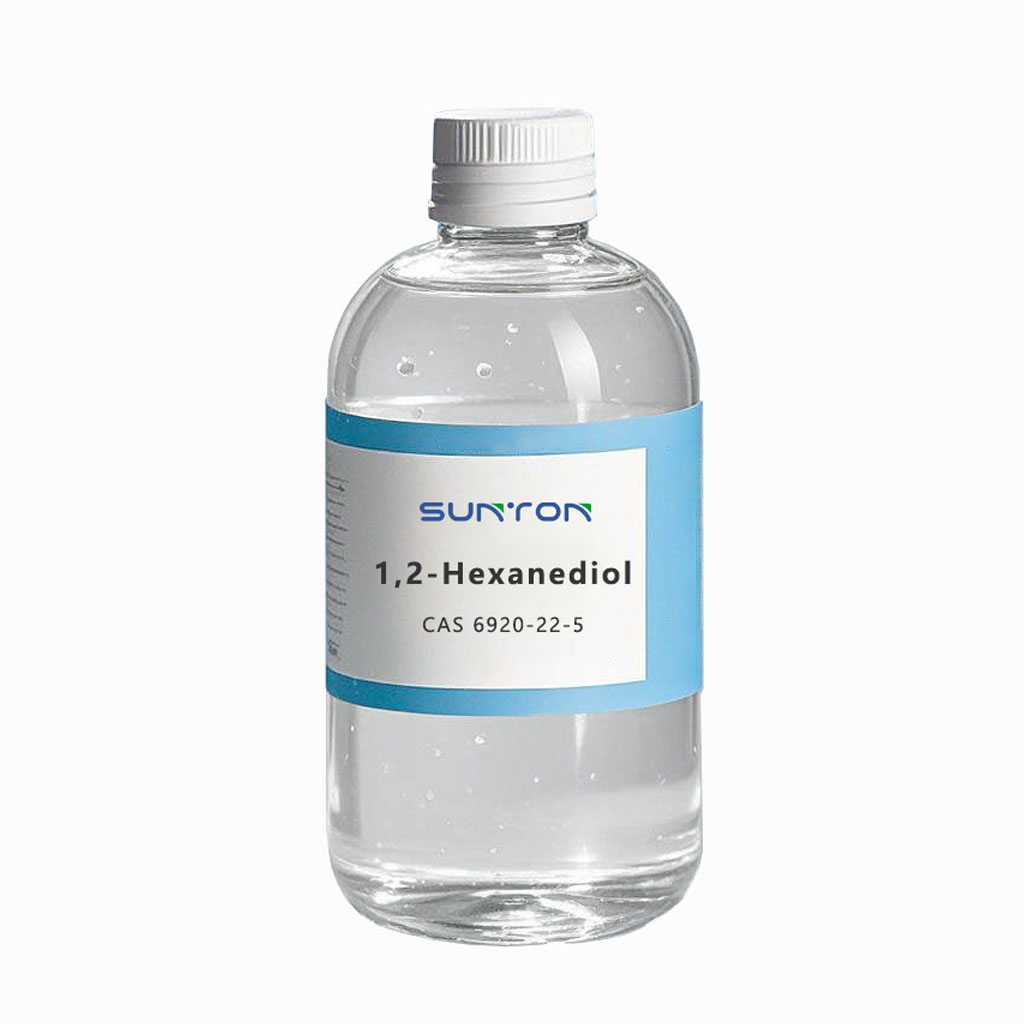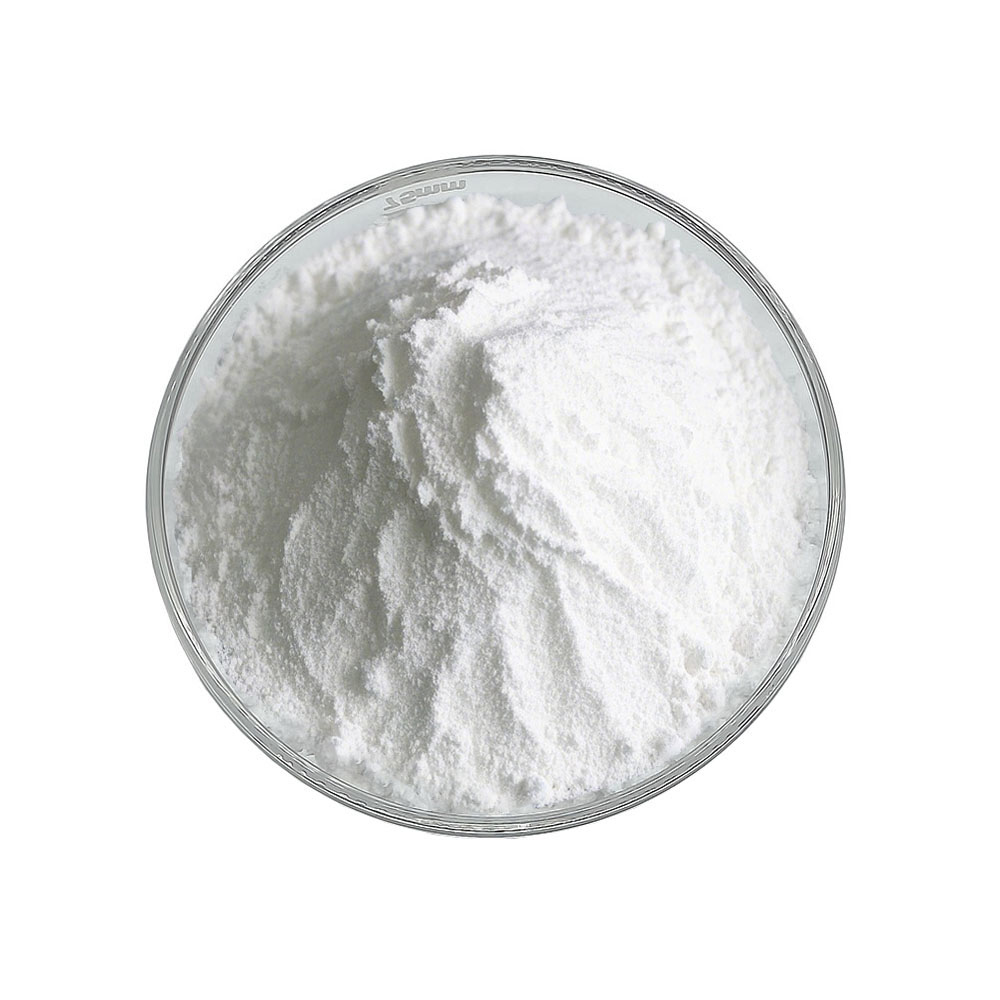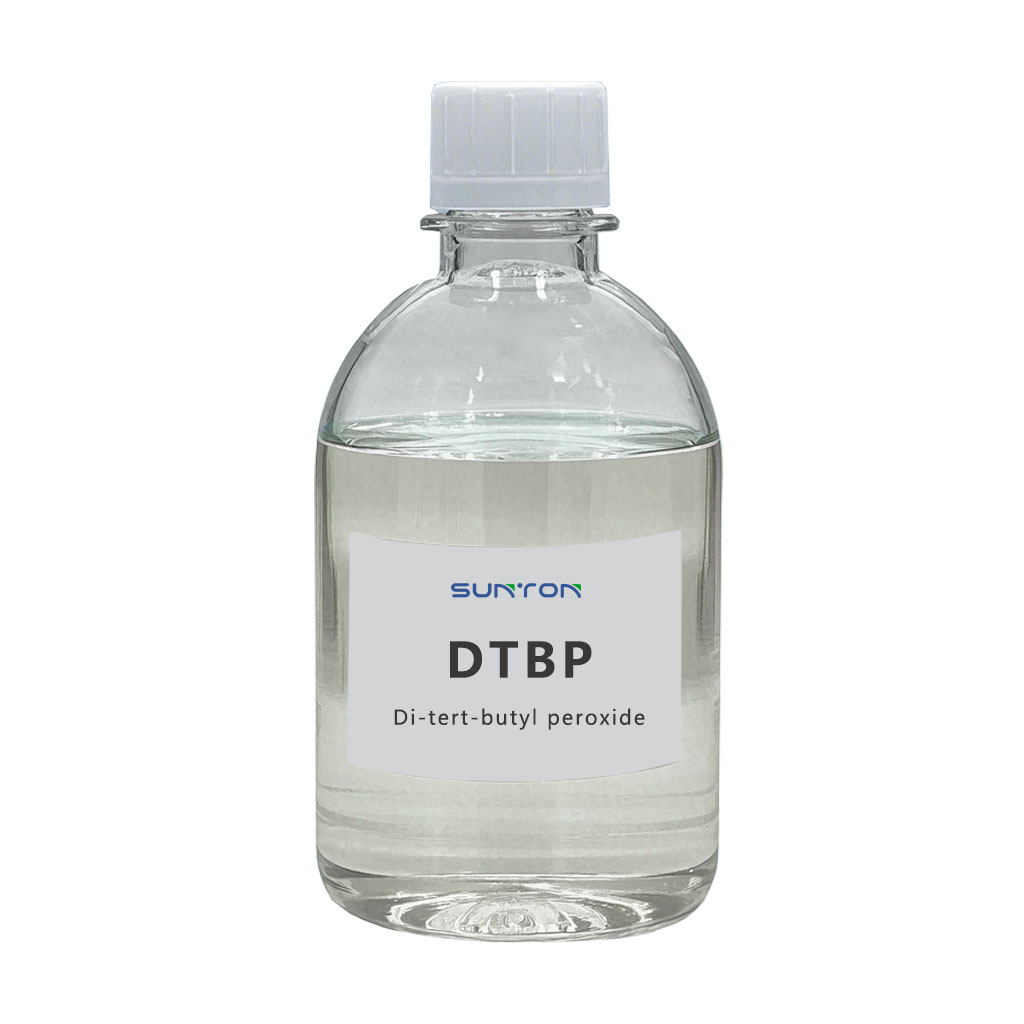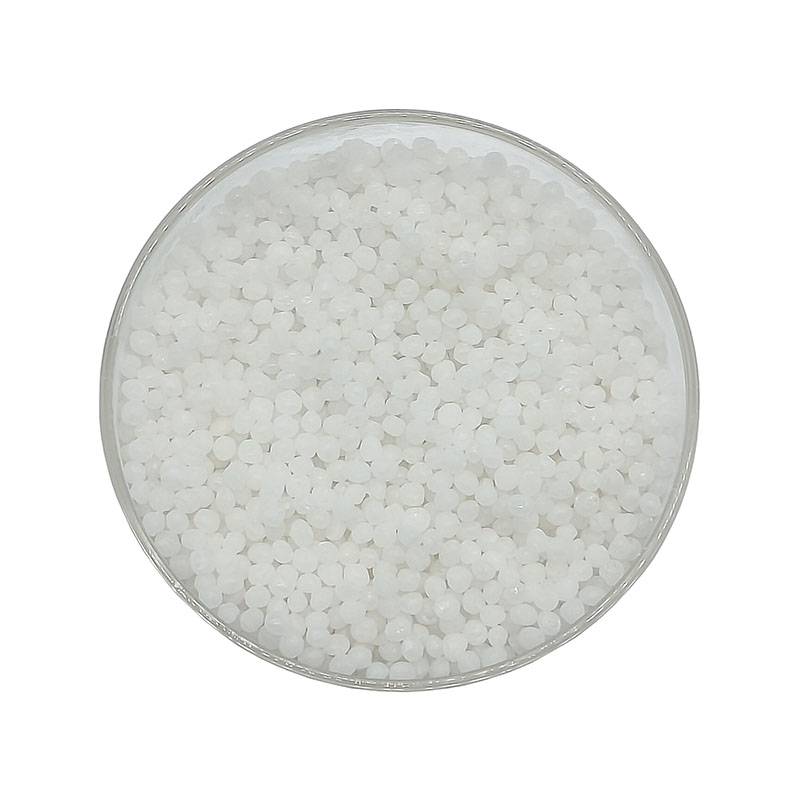Search By Posts
Product Category
Industry News
 By Admin
By Admin
Why Does Benzoyl Peroxide Stand Out in Acne Treatment?
Among various active ingredients in dermatological formulations, benzoyl peroxide is notable for its unique oxidative mechanism. Unlike compounds that merely reduce inflammation or regulate sebum, it releases oxygen upon contact with skin, targeting the environment where acne-causing bacteria thrive. This mode of action sets it apart as a frontline topical solution.
Benzoyl Peroxide and Skin Compatibility
When applied as a gel, cream, or cleanser, benzoyl peroxide penetrates the superficial layers of the skin. Its oxidative effect does not depend on systemic absorption, which enhances its local effectiveness. For individuals seeking topical acne treatment, the non-systemic profile is often highlighted as a safety advantage.
Concentration and Application Methods
Different concentrations of benzoyl peroxide are available, typically ranging from 2.5% to 10%. Each concentration serves a different purpose depending on skin type and sensitivity.
| Concentration | Common Form | Typical Use Case |
|---|---|---|
| 2.5% | face wash, lotion | Suitable for sensitive skin, daily use |
| 5% | cream, gel | Balanced choice for moderate acne |
| 10% | gel, spot treatment | Targeted application for persistent areas |
Benzoyl Peroxide Gel and Cream
In topical delivery forms such as benzoyl peroxide gel or benzoyl peroxide cream, texture plays an essential role in user compliance. Gels are fast-absorbing and preferred for oily skin, while creams provide longer hydration, making them appropriate for combination or dry skin. Both share the same oxidative function but differ in how they integrate into skincare routines.
Daily Use in Face Wash and Cleansers
The increasing demand for benzoyl peroxide face wash and benzoyl peroxide cleanser reflects the market trend of incorporating treatment into everyday cleansing steps. These formulations combine cleansing action with therapeutic benefits, aligning with the preference for multifunctional skincare products.
Comparative Discussions in Acne Solutions
There is a continuous discussion around benzoyl peroxide vs salicylic acid as users seek to understand which ingredient suits them better. Benzoyl peroxide offers antibacterial action, while salicylic acid emphasizes exfoliation. This difference underscores the distinct role each plays in acne management, rather than direct substitution.
Safety and Side Effects Considerations
While effective, benzoyl peroxide use requires awareness of potential skin dryness or irritation. These side effects are concentration-dependent and often temporary. Compared with systemic therapies, the localized nature of side effects makes topical application manageable.
Scar Management and Misconceptions
A recurring question is: can benzoyl peroxide remove acne scars? The answer lies in distinguishing between active acne and post-acne marks. Benzoyl peroxide targets bacteria and inflammation rather than scar tissue. Thus, while it prevents future scarring by reducing breakouts, it does not directly repair existing scars.
Integration into Skincare Routines
Consumers are increasingly searching for guidance on benzoyl peroxide daily skincare routine. Integration usually follows a sequence: cleansing with a low concentration face wash, applying a gel or cream to active areas, and finishing with hydration to reduce dryness. This structured approach enhances both safety and efficacy.
Long-Term Industry Outlook
From an industry perspective, benzoyl peroxide continues to hold a secure position in dermatological formulations. Its clear mechanism, established safety profile, and versatile application formats ensure that demand remains stable. As consumers seek effective, accessible, and scientifically backed solutions, benzoyl peroxide maintains its relevance across markets.
By focusing on its oxidative mechanism, benzoyl peroxide distinguishes itself as more than just another topical ingredient. Its adaptability across concentrations, forms such as gel, cream, face wash, and its role in both short-term and long-term skincare strategies reinforce its industry importance.
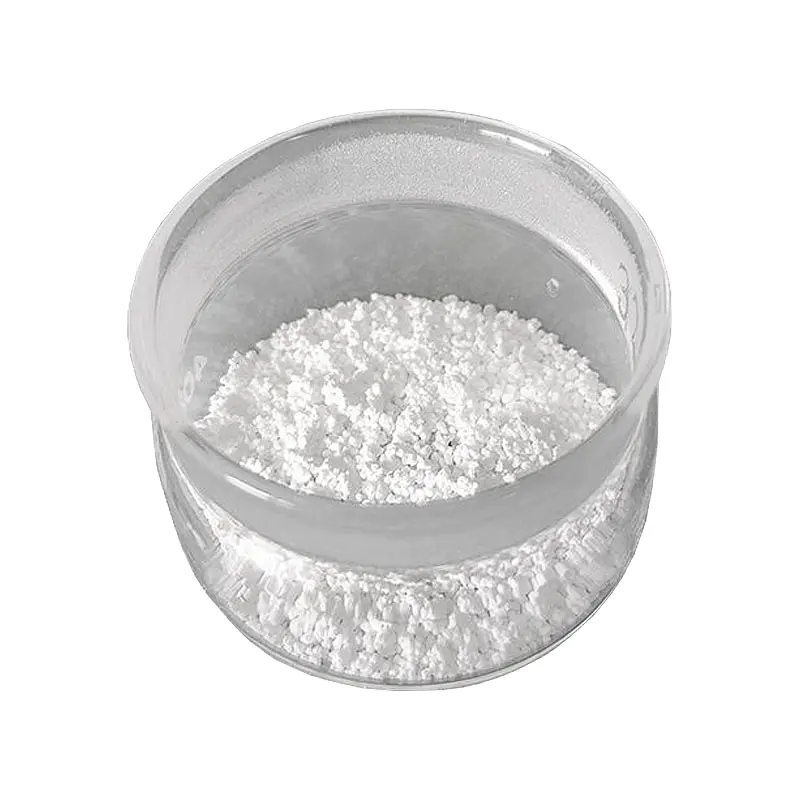


 English
English 中文简体
中文简体
